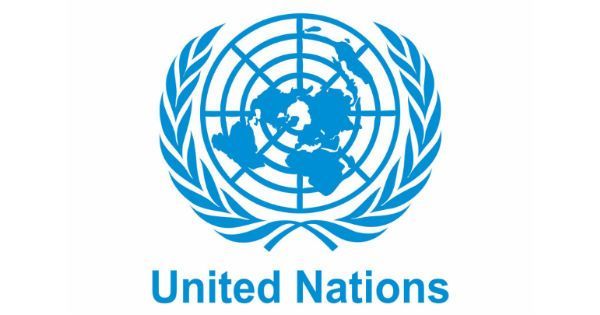
On the first anniversary of the Abrogation of Article 370 in Jammu Kashmir, UN Human Rights experts called on India and international communities to take urgent action against the violation of human rights in the territory.
The experts addressing the press said that “Urgent action is needed, if India will not take any genuine and immediate steps to resolve the situation, meet their obligations to investigate historic and recent cases of human rights violations and prevent future violations, then the international community should step up.”
On the 5th of August 2019, the Indian Parliament revoked the special status of Jammu Kashmir which followed a widespread condemnation across the world. According to the experts, the human rights situation in Jammu and Kashmir has been in free fall.
They also said that “We are particularly concerned that during the COVID-19 pandemic, many protestors are still in detention and Internet restrictions remain in place.”
Last year UN experts wrote to the Indian government and publically called on them to end the restrictions on the freedom of expression, access to information, and peaceful protests which followed the 05 August 2019 announcement.
The experts have also raised concerns with the Indian government about alleged arbitrary detention, torture, and ill-treatment to which the government countered back as well as the criminalization of journalists covering the situation, detention, and deteriorating health of high profile human rights lawyer.
Quoting this the UN human rights experts exclaimed that they are yet to receive any reply to three of the four letters that they sent earlier.
In October 2019 Jammu Kashmir witnessed the closure of the Human Rights Commission, which was one of the few ways out for the victims who seek help against the human rights violation which now makes the situation more worrisome for them. This closure made people helpless and clueless about what would happen to their pending cases for which they have been fighting day and night. Some of the cases were of hundreds of suspected enforced disappearances dating from as far back as 1989. Allegations regarding thousands of unmarked and some mass graves sites have also not yet been properly investigated.
Experts say that “Decades on, families are still waiting in anguish and now there is a stream of new alleged rights violations. With no State Human Rights Commission and internet restrictions, the avenues for reporting are further reduced.
The experts include Agnes Callamard, special rapporteur on extrajudicial, summary or arbitrary executions; Ahmed Shaheed, special rapporteur on freedom of religion or belief; Clement Nyaletsossi Voule, special rapporteur on rights to freedom of peaceful assembly and of association; and Irene Khan, special rapporteur on the promotion and protection of the right to freedom of opinion and expression and others.
Experts say that India, in 2011 had given an open invitation to come here with their special team of reporters but they have declined the offer saying that they call on India to schedule pending visits as a matter of urgency, particularly of the experts dealing with torture and disappearances.
Kashmir is held by India and Pakistan in parts but claimed by both in full. China also controls a small sliver of the region.
Since 1947 India Pakistan partition, the two countries have fought three wars — in 1948, 1965, and 1971 where two of them were over the disputed territory.
The Kashmiriyat is now on Google play. Download the App HERE




